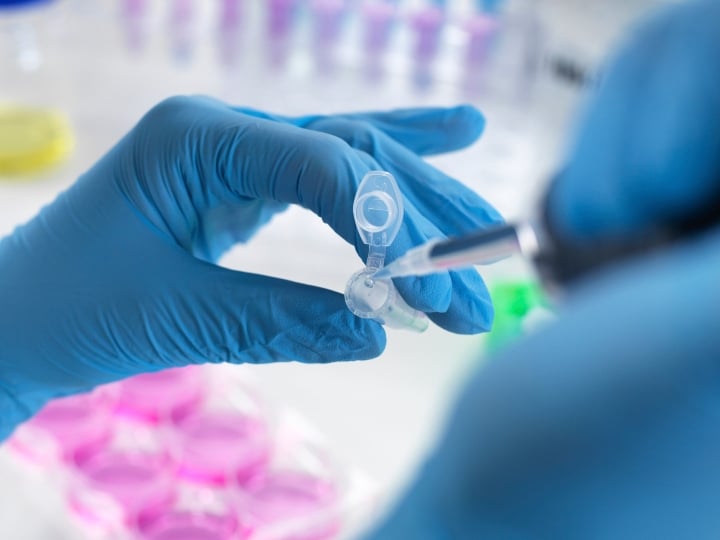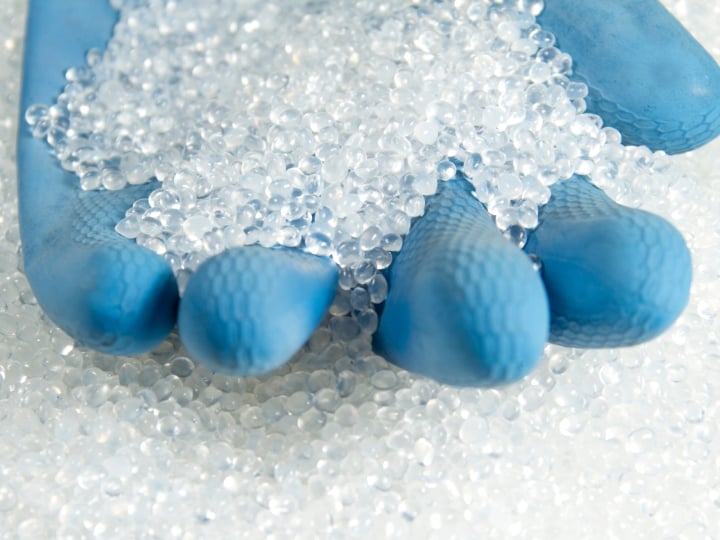Determination of Glass Transition Temperature (Tg) to assist quality control and for research and development performed by our experts
The glass transition of a material marks the temperature below which amorphous materials behave as a glassy solid and above which the same materials behave as if they are liquids or rubber-like solids. Glass transition temperature (Tg) is one of the most fundamental material properties and which has a large impact on the suitability of a material for a given application.
Intertek can test materials for Tg such as polymers, polymer blends, glasses, thermo-plastics, co-polymers, gels, composites, amorphous metals, proteins, sugars, rubbers, pharmaceuticals, adhesives, chemicals and many others. Many of these materials often have more than one Tg.
While the Tg of a material is typically reported as a single temperature, it is important to think of the glass transition as a region, not a single temperature. As a result, understanding the breadth of the glass transition, or the temperature range over which a material changes from a 'glassy' to 'rubbery' material, is important for many applications.
There are a variety of thermal and mechanical analytical techniques that can be used to measure the glass transition temperature (Tg). Most notably these include: Differential Scanning Calorimetry (DSC), Dynamic Mechanical Analysis (DMA) and Thermomechanical Analysis (TMA) depending on the sample. The specific Tg value often depends upon the method and parameters employed, so care must be used when comparing Tgs obtained from different sources.
Contact our experts to discuss the most relevant way to measure Tg for your application. Ultimately, a better understanding about your material’s Tg is a decisive step towards creating a product with improved and excellent, lasting performance.
Glass Transition Temperature Testing:


